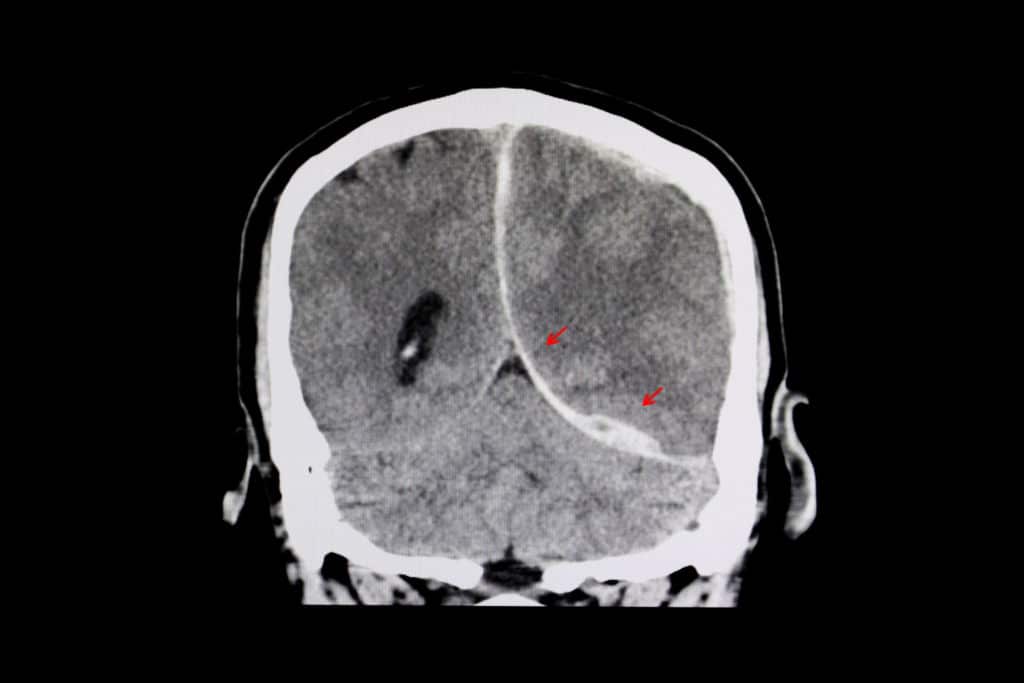Free Consultation
Free Consultation

When most people think of traumatic brain injury (or TBI), they imagine active duty soldiers coming home from war zones. Or maybe professional athletes like football and hockey players who routinely bash their helmets together. Statistics, on the other hand, show that the leading cause of brain injuries is something quite different: slip-and-falls.
That’s right. BrainLine, a national multimedia project focused on brain injury awareness, reports that nearly half of all brain injuries in the US are due to falls. The CDC shared that TBIs contribute to about 30% of all injury deaths.
In today’s post, we want to educate you on what a traumatic brain injury is, its common causes, and detail how serious this type of injury can be.
If you believe you have suffered a traumatic brain injury due to a slip and fall somewhere outside of your home, a premises liability attorney can review the circumstances of your case and offer advice on your best course of action.
A traumatic brain injury typically results from a violent blow or jolt to the head or body, and it disrupts normal brain function in some way. Common causes include wet or slippery walkways, slick floors (freshly cleaned and dirty ones), uneven surfaces, and loose carpets.
A case of TBI may be considered “mild” when it affects brain cells temporarily. More serious cases include bruising, torn tissues, bleeding, and other physical brain damage, and can end in long-term complications or even death.
Keep in mind that the labels “mild,” “moderate,” and “severe” are related specifically to the effect of the injury on brain function, and that any brain injury is a serious one requiring immediate attention and accurate diagnosis.
This type of injury can reduce mental capacity, cause confusion, migraines, dizziness, and nausea, and may contribute to a whole host of other symptoms and affects which could surface immediately following the incident or at any point throughout the rest of your life.
In one West Palm Beach, FL case, a woman slipped and fell on what was a recently-painted ramp outside of her mall-based real estate office on a misty day.
The victim suffered severe headaches shortly after the fall and experienced increasing stiffness following the accident. Medical exams revealed that the fall caused herniated neck and lumbar vertebrae, and it had damaged her brain.
She also said she wasn’t “the person [she] was prior to this [slip and fall]” and that she is “not able to work or make a living,” and that she suffers memory loss, she no longer feels productive, and feels “worthless.”
By the time the case made it to trial, sustained injuries, including TBI, resulted in $670,000+ in medical expenses alone.
Although risk cannot currently be predicted for any individual, initial research suggests that severe traumatic brain injuries may increase the risk of degenerative brain diseases like Alzheimer’s and Parkinson’s.
The Alzheimer’s Association reported that older adults with a history of moderate TBI were at more than two times’ the risk of developing Alzheimer’s than seniors with no history of head injury. Those who’d suffered severe TBI registered 4.5 times greater risk.
Always seek medical care as soon as possible after any slip and fall, and especially if you suffered an impact to your head. Emergency treatment is vital if you see any signs of TBI following the blow. Your life could depend upon it.